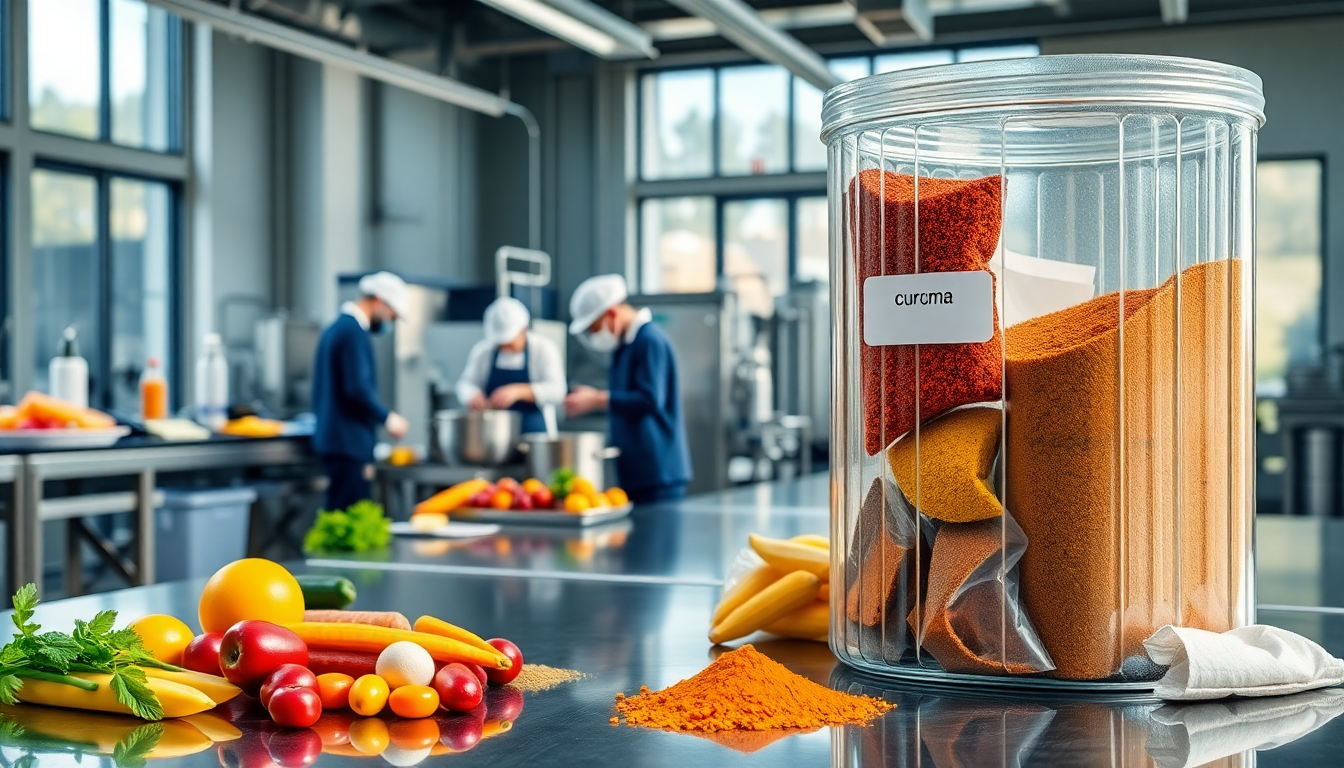Table of Contents
In a bold move aimed at enhancing food quality and promoting consumer health, two major food giants, Kraft Heinz and General Mills, have announced plans to phase out artificial dyes from their U.S. products. This decision comes amid growing public pressure and health advocacy calling for the removal of synthetic additives linked to potential health risks. By 2027, both companies are set to eliminate these petroleum-based colors, marking a significant shift in the food industry.
What’s Behind the Shift?
The announcement from Kraft Heinz made headlines on a Tuesday, showcasing the company’s dedication to sustainability and consumer health. Impressively, nearly 90% of its products are already free from artificial colors, with plans to phase out the remaining items featuring these dyes by the end of 2027. This includes beloved brands like Crystal Light, Kool Aid, Jell-O, and Jet Puffed. Instead, the company is embracing natural colors sourced from various ingredients, ensuring product safety and quality remain top priorities.
General Mills is on a similar path, revealing its intention to eliminate artificial dyes from all its U.S. cereals and foods served in K-12 schools by the summer of 2026. It’s noteworthy that a significant portion of its products already meets this standard, with about 85% of its retail foods free from artificial colors. This proactive approach reflects a broader trend in the food industry, where brands are aligning their offerings with consumer preferences for natural ingredients.
Health Implications and the Regulatory Landscape
The push to phase out artificial dyes has been heavily influenced by health advocates who have long voiced concerns regarding the potential neurobehavioral effects of these additives, especially in children. Research has suggested links between synthetic dyes and issues like hyperactivity and attention disorders. While the FDA maintains that its approved dyes are safe, the agency has recognized the increasing demand for transparency and healthier alternatives in food production.
In a press conference earlier this year, FDA Commissioner Marty Makary expressed support for the industry’s voluntary efforts to phase out synthetic dyes by the end of 2026. This regulatory climate, paired with consumer demand for healthier food options, is prompting manufacturers to rethink their ingredient choices.
Industry Reactions and What’s Next?
The response from the food industry has been overwhelmingly positive, with many companies already reformulating their products to exclude artificial dyes. Sensient Colors, a leading producer of food dyes and flavorings, points out that manufacturers are increasingly turning to natural alternatives derived from sources like beets and algae. As consumer awareness grows, the demand for transparency in food labeling and ingredient sourcing is set to continue shaping production practices across the industry.
In conclusion, the commitment from Kraft Heinz and General Mills to eliminate artificial dyes marks a crucial step forward in food production, aligning with consumer desires for healthier, more natural products. As the industry evolves in response to these changes, we can anticipate a significant transformation in the landscape of food manufacturing, driven by health concerns and a demand for greater transparency and responsibility in food sourcing. So, are you ready to embrace this shift towards a healthier plate?


